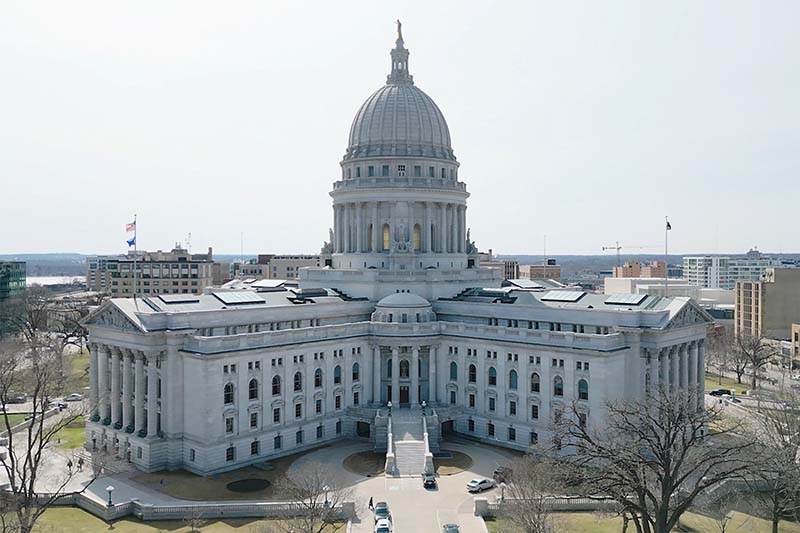WASHINGTON (OSV News) — Wisconsin’s attorney general has asked the state’s high court to consider invalidating a key religious exemption to the state’s unemployment program that has been used by faith-based organizations across Wisconsin and upheld by the U.S. Supreme Court.
But a religious liberty law firm representing the Catholic Charities Bureau of the Diocese of Superior, Wisconsin, argued Oct. 21 that the U.S. Supreme Court had unanimously upheld the exemption he is trying to end.
On Oct. 20, Wisconsin Attorney General Josh Kaul filed a remedial brief arguing the nation’s high court “did not prescribe a particular remedy” when it issued its June ruling in the case, Catholic Charities Bureau v. Wisconsin Labor & Industry Review Commission.
U.S. Supreme Court’s unanimous ruling
In that June 5 decision, the U.S. Supreme Court unanimously ruled in favor of the Catholic Charities Bureau of the Superior Diocese, which had asked the high court to overturn a decision by the Wisconsin Supreme Court the agency argued discounted its religious identity.
The organization had appealed the ruling by the Wisconsin Supreme Court that found Catholic Charities was not exempt from paying into the state’s unemployment insurance system because its operations aren’t primarily religious under the definition in the statute requiring certain employers to do so.
Wisconsin law states religious employers in the Badger State are eligible for an exemption from paying into its unemployment benefit program if they operate primarily for religious purposes.
Agency’s mission versus its ‘activities’
The state argued, however, that the Catholic Charities Bureau does not meet that standard since it employs non-Catholics and does not make its service to the less fortunate contingent on Catholic religious practice, and the Wisconsin Supreme Court previously sided with the state, drawing a distinction between its mission or purpose and its “activities.”
However, in the opinion written by Justice Sonia Sotomayor, the U.S. Supreme Court unanimously found the Wisconsin Supreme Court’s ruling violated the First Amendment by creating a preference for some religious practices over others.
“It is fundamental to our constitutional order that the government maintain ‘neutrality between religion and religion,'” Sotomayor wrote, quoting previous Supreme Court precedent in Epperson v. Arkansas. “There may be hard calls to make in policing that rule, but this is not one,” she wrote.
Two options for the state
In his brief, Kaul argued the state was therefore left with two options: “either by expanding the statutory exemption to groups like Catholic Charities or else by eliminating it altogether.”
“By striking the exemption, this Court can avoid collateral damage to Wisconsin workers while still curing the discrimination the U.S. Supreme Court identified,” he argued.
Eric Rassbach, vice president and senior counsel at Becket, a religious liberty law firm representing the Catholic Charities bureau, said that state officials were seeking to eliminate the exception the high court found the group eligible for rather than abide by its ruling.
‘Trying to wriggle out of a 9-0 loss’
“The idea that a Catholic ministry serving those in need isn’t religious was always absurd,” Rassbach said in a statement. “That’s why the Supreme Court unanimously rejected Wisconsin’s arguments and protected Catholic Charities. Trying to wriggle out of a 9-0 loss is even more absurd.”
“The state should take the L and move on,” Rassbach said, using a slang term meaning to accept a loss.
“Wisconsin’s bald-faced defiance of the Supreme Court is nothing short of remarkable,” Rassbach added. “Rather than accepting defeat, the state is now trying to punish all religious groups in Wisconsin, not just Catholic Charities. Doubling down on excluding religious people makes a mockery of both our legal system and religious freedom.”
Kate Scanlon is a national reporter for OSV News covering Washington. Follow her on X @kgscanlon.




